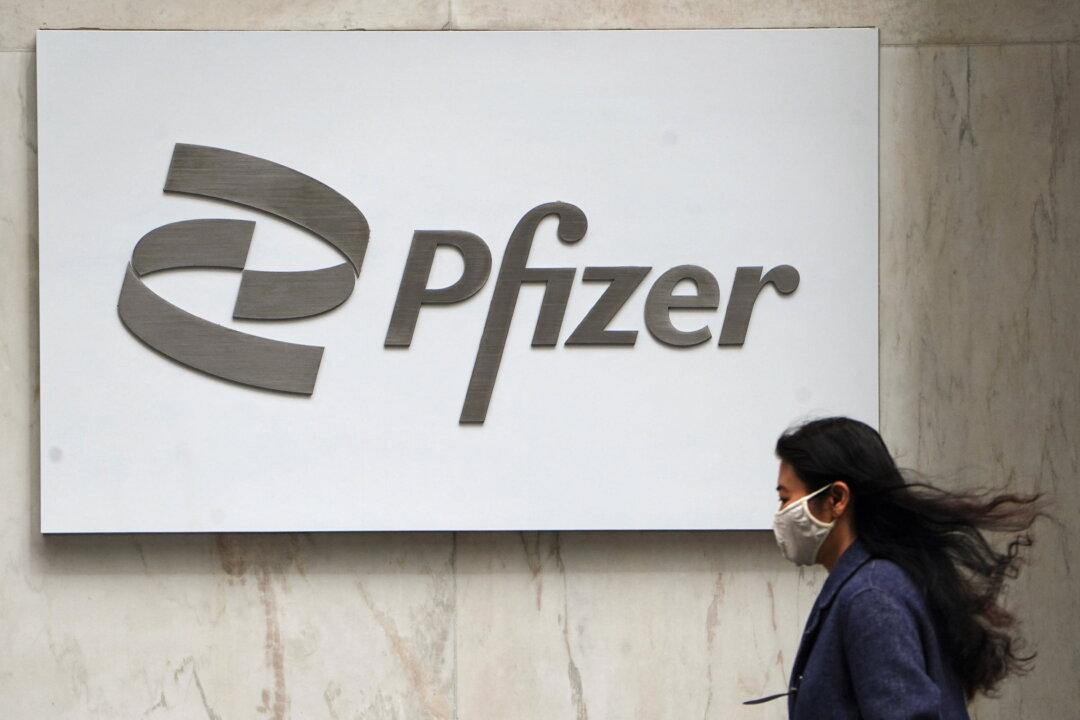Pharmaceutical giant Pfizer recalled millions of prescription migraine drugs that don’t meet packaging requirements, according to the U.S. Consumer Product Safety Commission.
Some 4.2 million Nurtec ODT (rimegepant) orally disintegrating 75 milligram tablets that were in blister packs lack the child-resistant packaging that is required under federal law. The recall notice said that the packing issue could present a child poisoning risk.





